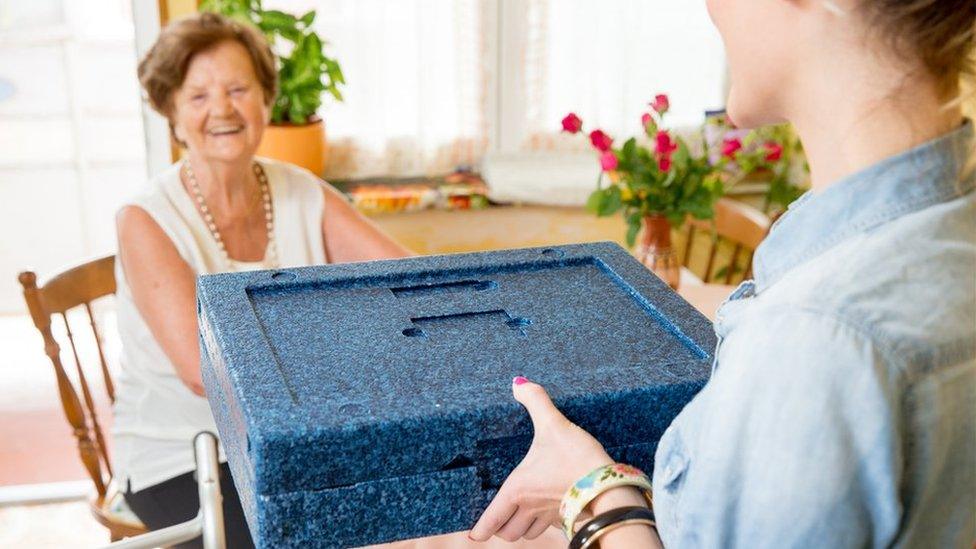Prisoners serving less than four years 'should be able to vote'
- Published
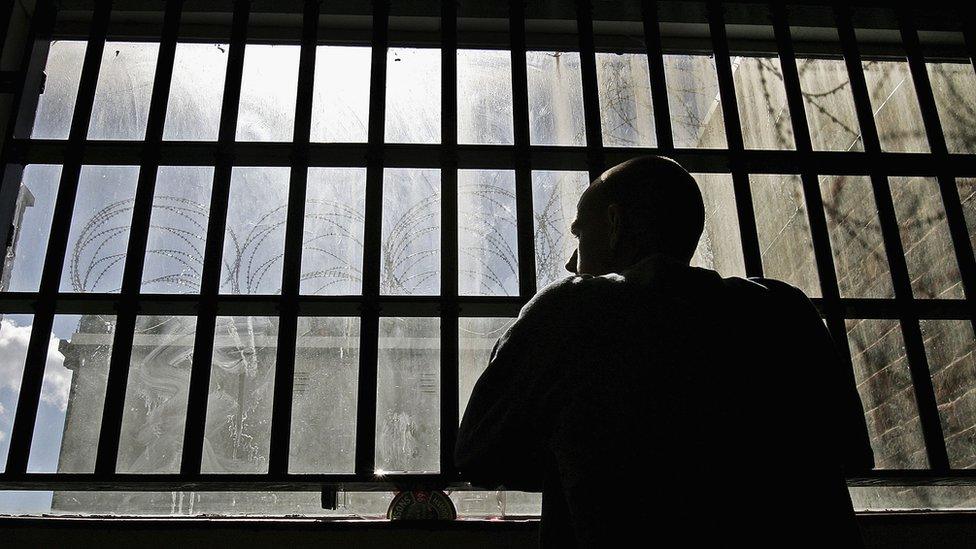
The report said public opinion was not supportive of the move to grant prisoners the vote
Welsh prisoners serving less than four years should be allowed to vote in assembly and council elections, a group of AMs have said.
A majority of the Senedd's local government committee, from Labour and Plaid, said it would help reintegrate and include prisoners in wider society.
But Tory AMs on the cross-party inquiry objected.
Conservative committee member Mark Isherwood said the proposal "flies in the face of natural justice".
Presiding officer Elin Jones tasked the Equality, Local Government and Communities committee with investigating the issue.
Four Labour and one Plaid Cymru AM, Leanne Wood, said their recommendation "strikes an appropriate balance" as it excluded those sentenced for the most serious crimes.
They also called for 16 and 17-year-olds in custody to be given the vote if it was given to the rest of the population.
If the proposals came to fruition it would be the most liberal prisoner voting policy in the UK. Scotland is planning to allow votes for prisoners serving sentences of less than a year.
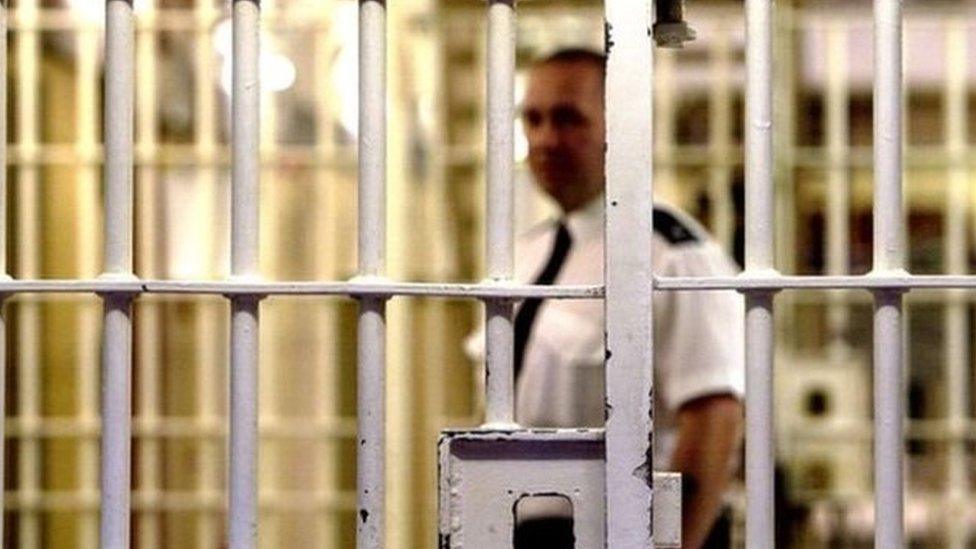
Prisoners on remand - in custody awaiting trial - can already vote
A majority of AMs have already backed the principle of prisoner voting but Conservatives on the committee thought the current set-up was sufficient.
A ruling by the European Court of Human Rights in 2007 found the UK ban "indiscriminate and disproportionate".
In 2017, the UK government relaxed it by allowing prisoners on temporary licence and home detention curfew to vote.
While criminal justice is not devolved, assembly and council elections are. The assembly commission, which runs the Cardiff Bay parliament, has already proposed legislation to extend votes to 16-and-17 year olds.
The Welsh Government has to propose changes in the law to change council elections, with the assembly commission taking that role for Senedd elections - seeking agreement of two-thirds of AMs.

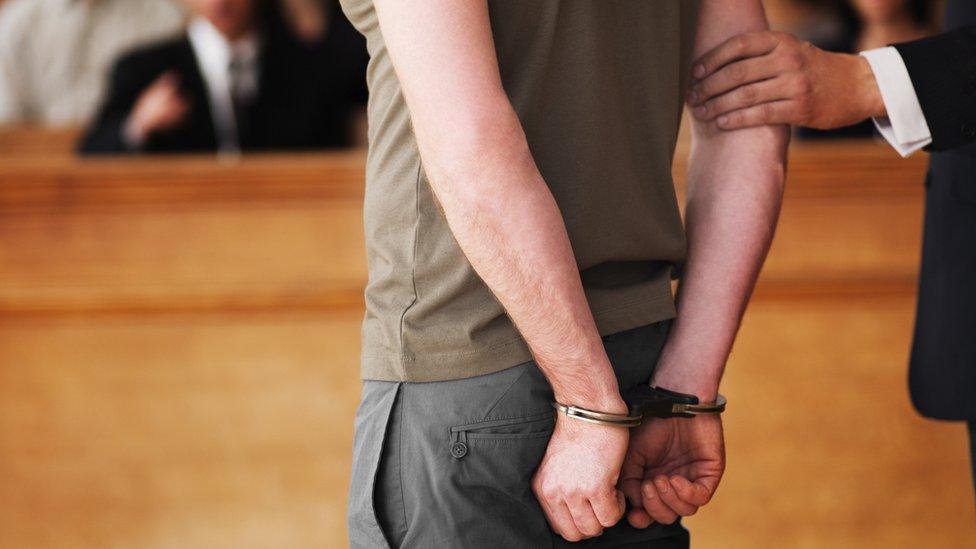
The AMs said the changes would recognise public cocnern by not proposing every prisoner is able to vote
What do prisoners think?
AMs spoke to prisoners in Bridgend's HMP Parc. Most were supportive of the idea.
One inmate described it as "vital" and said they retained their human rights, even though they had been incarcerated.
Another countered that, saying he was being removed from society while he was in prison.
In another group, some participants said a long sentence should not prevent a prisoner from voting.
Over half of prisoners in the second group said they would vote, but some said they thought many would not.

The majority on the committee, which included former first minister Carwyn Jones, said the changes will not be unduly complex to administer.
There are 4,074 Welsh people in prison - in 2017, the number serving sentences shorter than four years was 1,803, the report said.
The report said AMs were aware it was not a popular move, but that did not mean it was "not the right thing to do".
AMs said keeping prisoners connected to society reduced the chance of them reoffending upon release and keeping the vote was a way to do this.
The report proposed ministers and the assembly draw up legislation so prisoners register to vote at either their last home address, where they will be released to or via a declaration of local connection, external.
Eligible prisoners could vote do so either via postal or proxy voting.
Reaction
Mr Isherwood, Welsh Conservative communities spokesman said: "It is staggering to see Welsh Labour, Plaid Cymru, and the Lib Dems promote this policy, despite not having consulted the law-abiding citizens of this country at the ballot box.
"Maybe because they know just how massively unpopular it would be?"
But Mark Day of the Prison Reform Trust said it was an "important step in the right direction" ."People's identity as citizens does not stop at the prison gate," he said.
A Welsh Government spokeswoman said: "We support the principal of enfranchising some Welsh prisoners and are currently considering options for local government elections."
- Published7 December 2017
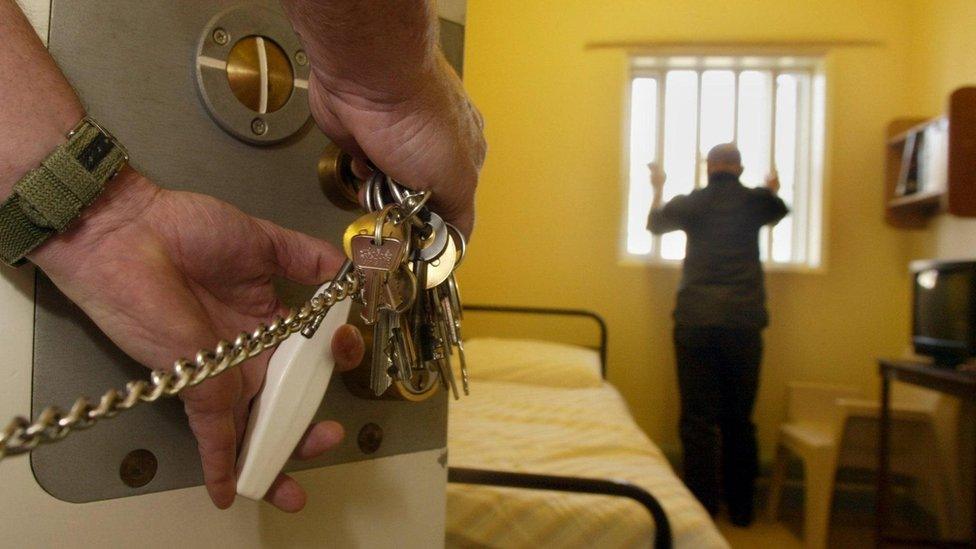
- Published28 May 2019
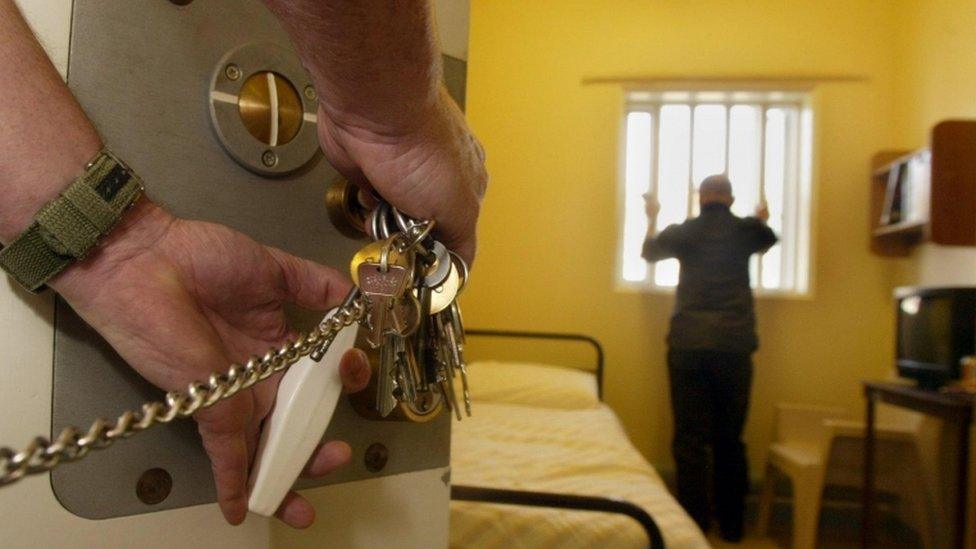
- Published16 April 2019
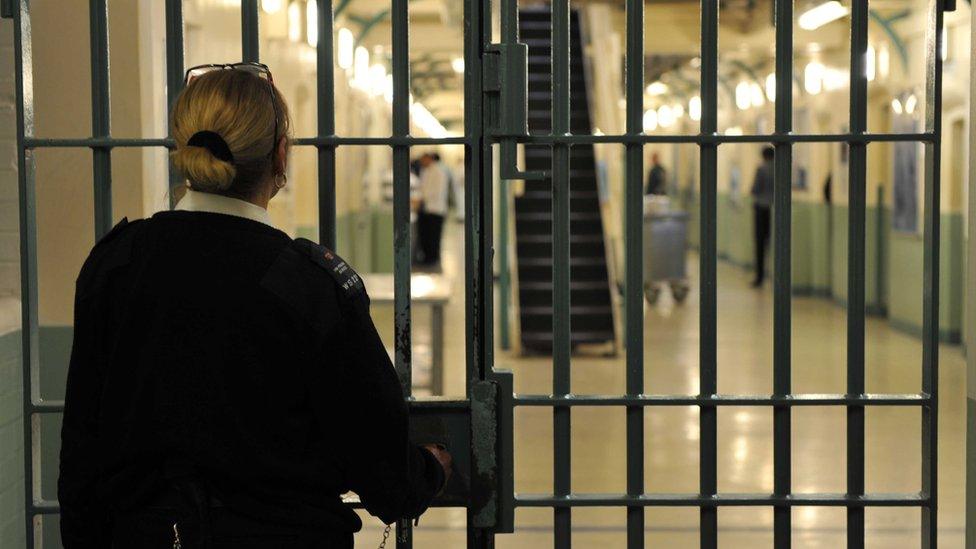
- Published20 June 2017
